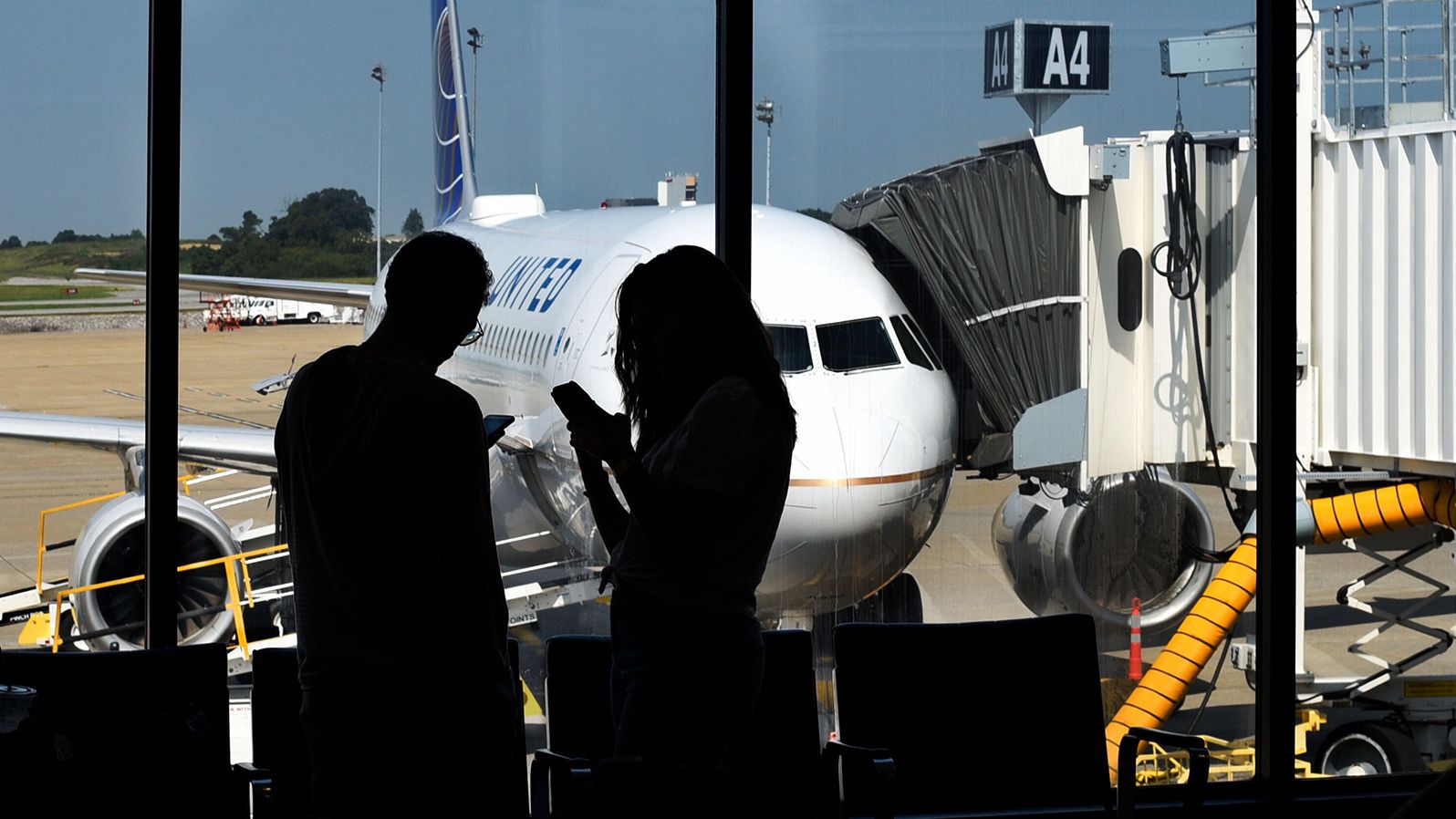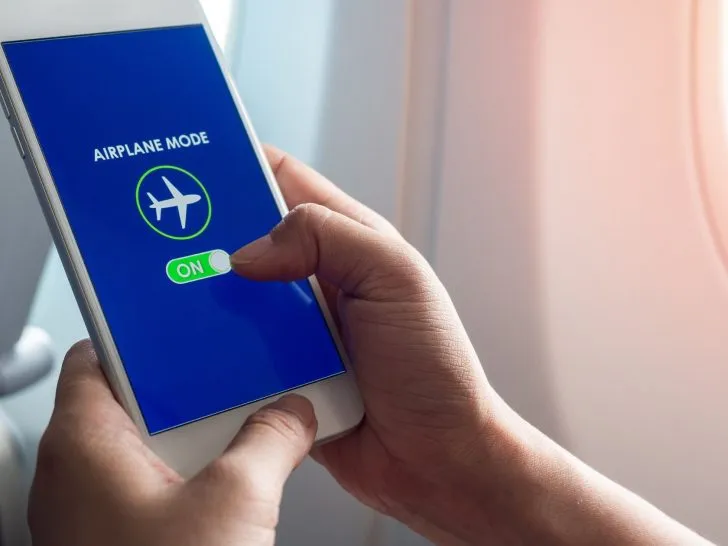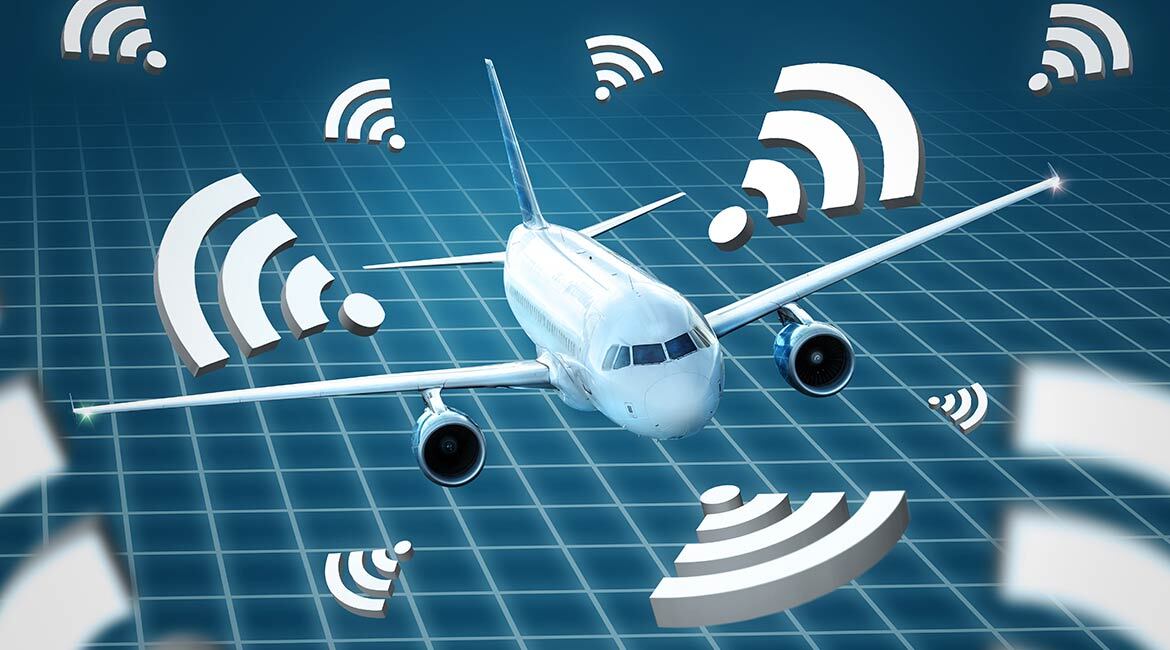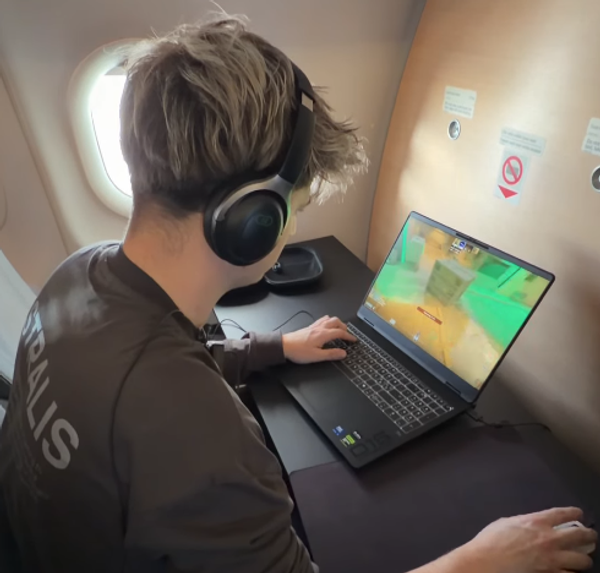
Will the plane crash? Does using a mobile device interfere with radio waves? These are some of the questions people have asked themselves as they wonder why using mobile devices on airplanes is prohibited during certain stages of their flight.
Safety and Interference Concerns
During a flight, takeoffs and landings are the most dangerous part. Although these stages account for only an average of 4% of the total flight time, 49% of fatal accidents occur during either of these stages.
Since the aviation industry must reduce as many risks as possible, most airlines ban mobile device usage during takeoffs and landings to mitigate interference with other aircraft systems.
According to the Civil Aviation Authority, "scientific research has shown that mobile phones can interfere with the normal operation of aircraft equipment and can also cause interference in pilots' headsets.
Radio waves from mobile devices such as iPhones and Kindles can impact a pilot's ability to use their navigation and radar tools. Additionally, it interferes with ground control connectivity along with collision avoidance technologies.

While these waves are not strong, the cumulative effect of having a large number of mobile devices not switched to airplane mode, especially during takeoff and landing, is still a significant concern today. Tamara Vallois, head of communications at Wizz Air, agrees with this concern.
She recommends passengers switch their devices to airplane mode, as these devices will continue sending out electrical signals to search for a connection despite being far away from telephone towers. By switching to airplane mode, interference with radio waves is significantly reduced.

Getting back to safety concerns, Vallois asserts that forgetting to turn your mobile device to airplane mode will not necessarily impose any dangers. She claims that flight attendants and other staff would be able to tell if that happens due to feedback noise sent from mobile devices.
Future
Despite most passengers having no issue switching their mobile devices to airplane mode, fast technology advancement means that this rule could be less integral in minimizing aircraft operation risks.

Currently, an increasing number of modern commercial jets have systems that allow us to connect to WiFi. Tests are being completed to demonstrate aircraft capability with transmitting devices, therefore allowing for the possibility of no longer needing to restrict mobile device use in flight.
Since tests are still being analyzed, it is still imperative for passengers to comply with current restrictions until regulations change. This means they should assume that on most flights, they will not be able to text or call unless informed otherwise or if there is strong WiFi onboard.
EVA Air to Launch Nonstop Flights to Washington-Dulles » Delta Orders 30 Boeing 787-10, Options for Additional 30 » Why Gogo is Refusing to Join the 'Starlink Speed Race' — And Why It's Winning Anyway »
Comments (0)
Add Your Comment
SHARE
TAGS
INFORMATIONAL Flight Safety Airplane WIfi Crash Flight emergency Airlines mobileRECENTLY PUBLISHED
 Bomb Threat Forces Emergency Diversion of IndiGo Flight
A security scare mid-air forced an IndiGo flight traveling from Delhi to Siliguri to make an emergency landing at Lucknow’s Chaudhary Charan Singh International Airport on Sunday morning. The diversion was triggered after a handwritten bomb threat was discovered in one of the aircraft's lavatories.
NEWS
READ MORE »
Bomb Threat Forces Emergency Diversion of IndiGo Flight
A security scare mid-air forced an IndiGo flight traveling from Delhi to Siliguri to make an emergency landing at Lucknow’s Chaudhary Charan Singh International Airport on Sunday morning. The diversion was triggered after a handwritten bomb threat was discovered in one of the aircraft's lavatories.
NEWS
READ MORE »
 Why Gogo is Refusing to Join the 'Starlink Speed Race' — And Why It's Winning Anyway
In a recent interview with AeroXplorer, Gogo's SVP Dave Falberg made it clear: Gogo isn't competing in a speed race against Starlink. Rather, it is competing in a race of reliability and integration.
NEWS
READ MORE »
Why Gogo is Refusing to Join the 'Starlink Speed Race' — And Why It's Winning Anyway
In a recent interview with AeroXplorer, Gogo's SVP Dave Falberg made it clear: Gogo isn't competing in a speed race against Starlink. Rather, it is competing in a race of reliability and integration.
NEWS
READ MORE »
 SAS Hosts Air-to-Ground CS:GO Match at 30,000 Feet via Starlink
On January 14, to prove the low-latency capabilities of the SpaceX-powered system, the airline hosted a live multiplayer Counter-Strike video game tournament at 30,000 feet.
NEWS
READ MORE »
SAS Hosts Air-to-Ground CS:GO Match at 30,000 Feet via Starlink
On January 14, to prove the low-latency capabilities of the SpaceX-powered system, the airline hosted a live multiplayer Counter-Strike video game tournament at 30,000 feet.
NEWS
READ MORE »



